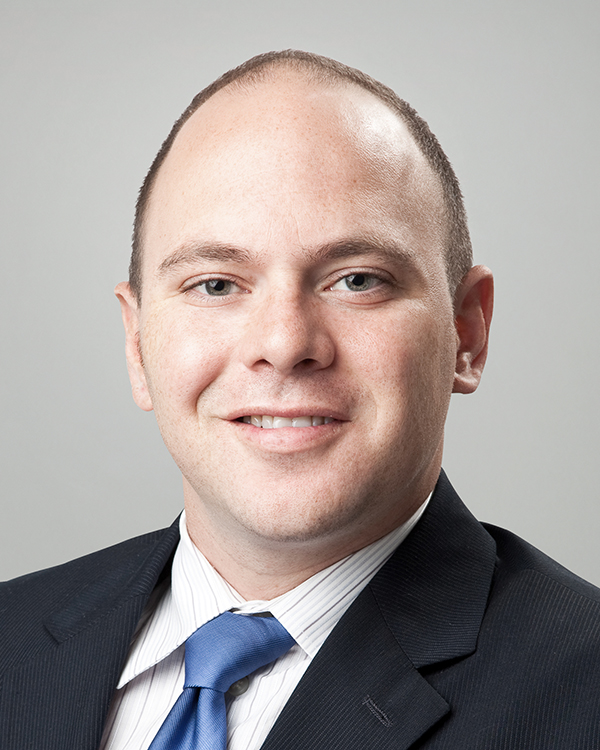
A look into the Jerome Avenue neighborhood rezoning plan and why it is worth the wait - by Scot Hirschfield & Katherine Speltz
In April 2016, city council voted nearly unanimously (45-1) to pass mayor de Blasio’s rezoning plan for East New York. The emphatic result was achieved through a transparent process that gave stakeholders a platform to raise concerns and identify priorities that were later incorporated into the final version of the new zoning documents.
With a New York City mayoral election next November, the current administration hopes to replicate this success in the Jerome Ave. neighborhood. The two-mile corridor in the West Bronx was identified by the city as an area to rezone due to its proximity to public transportation and the overarching supply of properties with industrial and light manufacturing uses.
In anticipation of the rezoning, the city predicts the construction of 3,250 apartments, 72,273 s/f of community facility space, and 35,575 s/f of commercial/retail space in the area. As a result of a low supply in quality affordable housing options for families and senior citizens in the area, the Jerome Ave. neighborhood rezoning can help improve the quality of life for its residents and stimulate economic activity.
Though sound in theory, this rezoning faced opposition from area residents and workers from the start, when plans to rezone were first announced in 2014. While the new restaurants and retail options will benefit those that live and work in the area, residents are concerned the influx of new construction will price them out. Despite the newly adopted mandatory inclusionary housing requirement, which ensures that developers who build in the Bronx rent at least a quarter of their apartments at below-market rates, community members are strongly lobbying for a higher percentage of units allocated to lower income households.
Additionally, Jerome Ave. is known for its automotive businesses, which occupy 60 percent of the Jerome Ave. neighborhood corridor, according to the United Auto Merchants Association. Many of these auto workers, who live in the neighborhood, are concerned about the prospect of losing their jobs or having to re-locate their businesses elsewhere. This is further exemplified by their frustration with landlords who won’t provide lease extensions. Of note, the city responded by allocating three corridors within the rezoning boundaries to combat these issues, and committed to supporting the growth of these businesses.
The rezoning process, which typically lasts several years, is worth the wait from an economic perspective, as it ultimately stimulates increased real estate investment. If you consider the Bronx’s recent history of rezoning, investment activity tends to go up considerably in these areas.
East Fordham Rd. (2013) and Webster Ave. (2011) were the most recent areas to be rezoned.
According to recent Ariel Property Advisors data, following the East Fordham Rd. rezoning, only four development sites containing approximately 135,000 buildable s/f traded in the two-year period between 2014 and 2015. However, through the third quarter of 2016 alone, more than 157,000 buildable s/f (comprised of six development sites) sold within the rezoned area. Similarly, the Webster Ave. rezoning ignited increased activity within its affected area; approximately 471,000 buildable s/f sold from 2011-2013, compared to 711,000 buildable s/f between 2014-2016, notes the research.
Last, the Lower Grand Concourse and the area surrounding Yankee Stadium (rezoned in 2009), saw just one new major development in the first six years. However, in the past 18 months, several new developments have sprung up along the waterfront with many more already in planning stages.
Looking ahead, the rezoning of Jerome Ave. is a reflection of this administrations’ intention to incentivize development in a strategic area, but with the community in mind. Similar to past rezoning initiatives in The Bronx, as well as Williamsburg and Long Island City, we believe that in the long run investors and residents alike will be pleased with the area’s outcome as the next live/work destination.
Scot Hirschfield is a vice president and Katherine Speltz is an analyst at Ariel Property Advisors, New York, N.Y.

